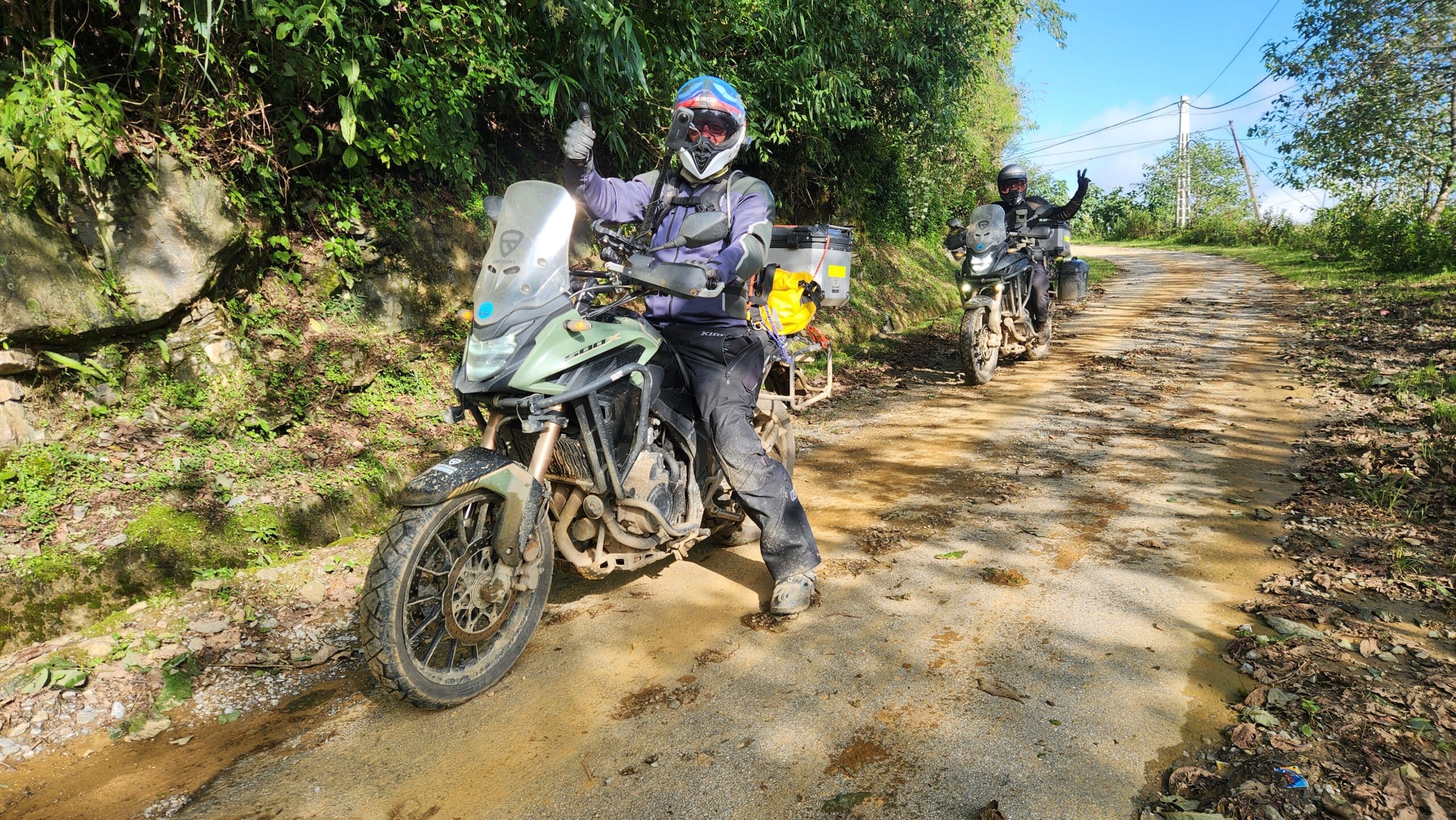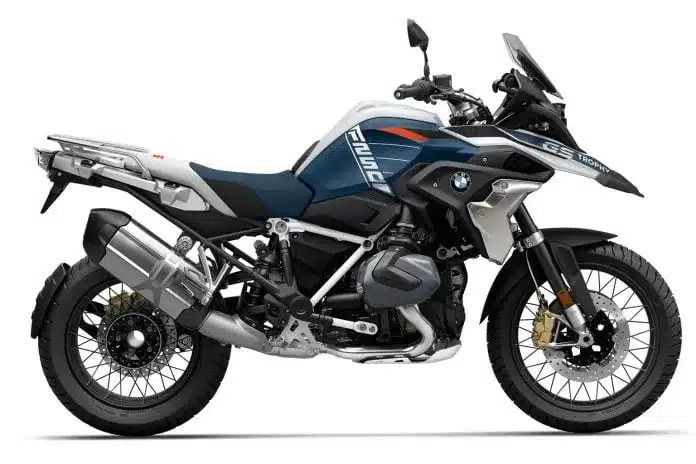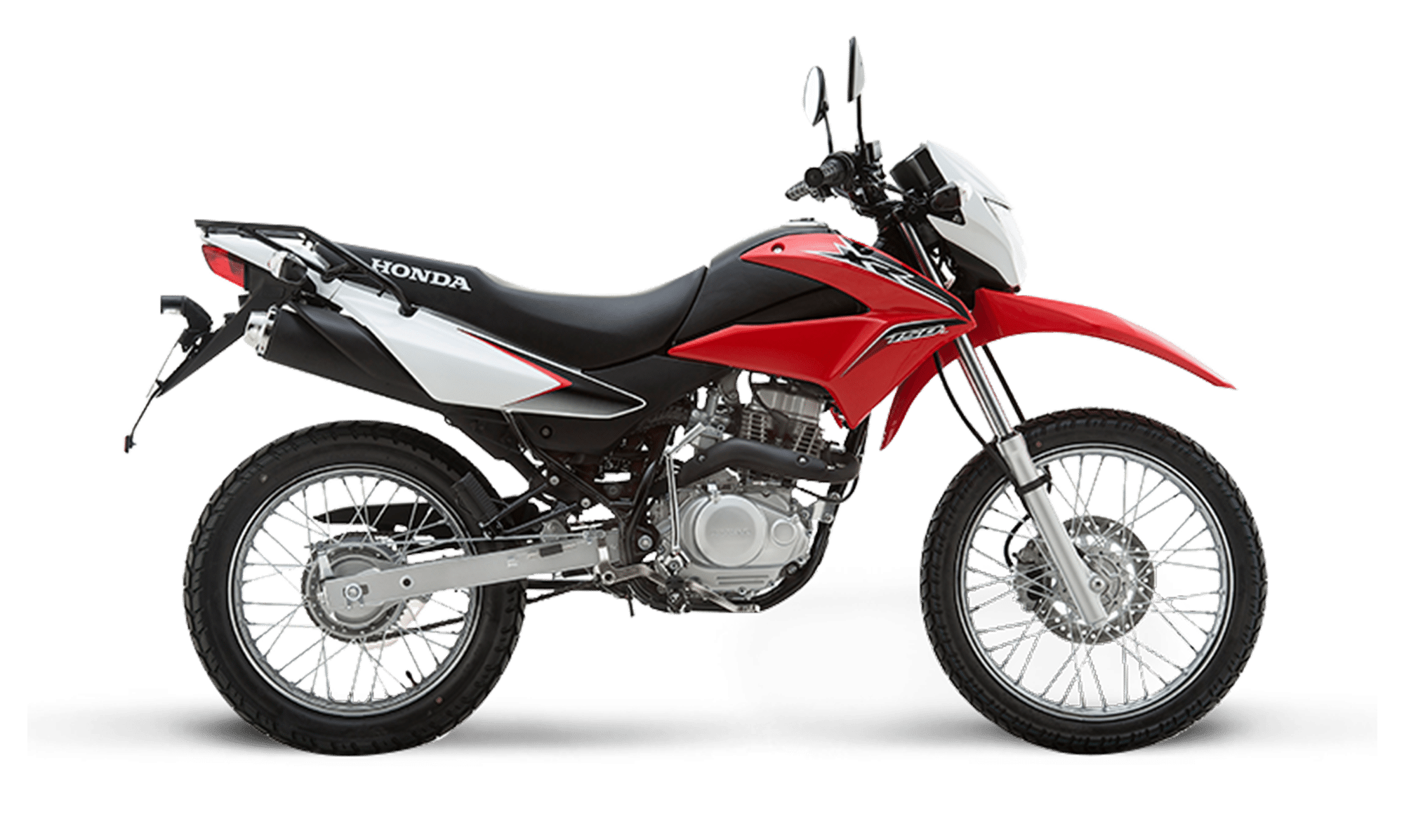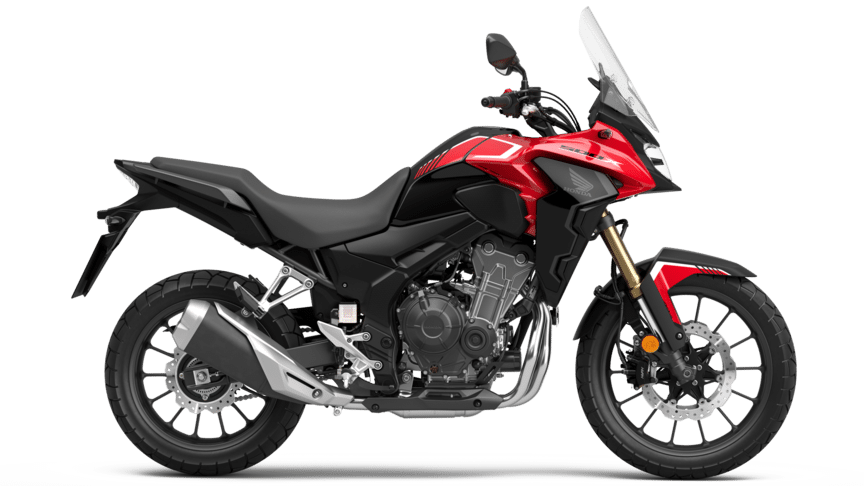

In a country as vibrant and diverse as Vietnam, having a reliable and fuel-efficient motorcycle is paramount. The Honda CB500X is a comfortable, reliable bike that offers good performance and has quickly become a favorite among those who love to explore. If you couple this with the fact that it has a 17l fuel tank, it becomes an excellent touring choice.
What you really want to know is how fuel-efficient it really is? And what to do to get the most out of every drop of fuel. Let’s dive in!
Honda officially claims impressive fuel consumption figures for the CB500X. While these numbers can vary slightly depending on the specific model year and regional regulations, typically, Honda states an average fuel consumption of around 3.4-3.5 liters per 100 km. This is a very strong figure for a 500cc adventure-touring machine, suggesting that the CB500X is designed with economy in mind, making it an excellent choice for long-distance touring without breaking the bank at the pump.
Of course, manufacturer figures are achieved under controlled conditions. What about the real world, especially here in Vietnam? From the dense erratic traffic in the cities to the narrow winding passes of the mountains, Vietnam challenges the CB500x to the max.
e.g., Ha Giang Loop, Da Lat to Nha Trang – Tackling the winding, often steep roads of Vietnam’s mountains is going to see fuel consumption increase significantly. Frequent gear changes, lower speeds, and the effort of climbing will work the engine harder. Expect figures to be in the range of 4.0-4.5 liters per 100 km or even more. Even with these figures the CB500X remains a very efficient option and allows you to enjoy those incredible views without constant fuel anxiety. What better peace of mind than cruising through the majestic Ha Giang Loop, safe in the knowledge that CB500X is sipping fuel, not guzzling gallons.
e.g., Ho Chi Minh City, Hanoi Traffic – Navigating the mayhem that is city traffic in Vietnam can be a test of patience as well as fuel efficiency. Stop-and-go conditions, low speeds, and frequent idling can push consumption slightly higher. You could see figures in the 4.0-5.0 liters per 100km range, depending on how heavy the traffic is and your riding style. Albeit a thirsty bike, it remains usable in cities, especially as more and more vietnamese are commuting greater distances.
e.g., QL1A, HCM Highway This is where the CB500X truly shines. At steady cruising speeds, the engine is in its most efficient range. On open highways, and with smooth steady driving, you can expect to achieve consumption figures very close to the manufacturer’s claims – often around 3.5 litres per 100km. Long stretches from city to city, or along coastal roads, become a joy without frequent fuel stops.
If you want to get the most out of your motorcycle’s fuel tank, it’s easier than you think. While some factors are out of your control, a few simple adjustments to your riding habits and a little bike maintenance can make a big difference in how far you can go on a single tank.

Avoid aggressive acceleration and sudden braking. Smooth throttle control and anticipating traffic will significantly improve your mileage. Try to shift smartly and ride in the highest gear possible without lugging the engine. Lows revs are your friend here.
Under-inflated tires increase rolling resistance and consume more fuel. The increased flex of the tyre wall results in heat build up which is also loss of energy that has to be replaced by the engine. Check your tire pressure regularly. You’ll see this noted on the swing arm. Front 2 Bar, Rear 2.8 Bar
A well-maintained engine runs more efficiently. Stick to your service schedule, especially air filter and spark plug replacements. We do this for you and you can rest assured your bike is in tip-top condition.
If you’re going to be stopped for more than a minute, it’s often more fuel-efficient to turn off your engine. Many traffic lights in Vietnam have countdown timers that clearly show how long you will need to wait for a light change.
While the CB500X is a capable tourer, carrying unnecessary weight will slightly increase fuel consumption. A set of driving clothes, evening clothes and emergency change is all you need. Leave the make up bag at home.

You will be hard pushed to find any stretch of road that doesn’t have a filling station nearby. However, in some locations they may be quite distant. Filling every morning or evening gives you a full tank’s range and it is hard to run more than this in a day. That said, if you get down to 2 bars, fill at the next filling station and try to avoid roadside fuel stops.
After a few fill-ups, you’ll get a good feel for how many kilometers you can generally travel before needing to switch to reserve. Keep a mental note or even reset your trip meter with each full tank.
If you would like to learn more about the types of fuel available in Vietnam or our complete guide to fueling you can do so on our blog. If you have any specific questions then contact us for answers. We are happy to assist.
The Honda CB500X truly offers a fantastic balance of performance, comfort, and, crucially for Vietnamese adventures, excellent fuel efficiency. By adopting good riding practices and being mindful of your fuel, you can unlock the full potential of your CB500X, confidently exploring every corner of Vietnam, from the bustling streets to the serene mountain peaks, with fewer stops and more smiles per mile. Happy riding, and see you on the road!
Daily
Total
Rider (CRF 300)
$220
Pillion
$120
Damage Waiver
$20
Private Room
$40
Support Vehicle*
$150
* All prices given are in USD and apply per rider except for the support vehicle. The support vehicle is free for groups of 7 or more, otherwise the cost is shared across the group.
Daily
Total
Rider (XR 150)
Rider (CRF 300)
Rider (CB 500X)
Rider (GS 1250)
Pillion
$120
Damage Waiver
$20
Private Room
$40
Support Vehicle*
$150
* All prices given are in USD and apply per rider except for the support vehicle. The support vehicle is free for groups of 7 or more, otherwise the cost is shared across the group.
Daily
Total
Jeep (1 PAX)
$210
Jeep (2 PAX)
$120
Jeep (3 PAX)
$90
Jeep (4+ PAX)
$80
Rider (Easy Rider)
$115
Rider (Self-Drive)
$105
Private Room
$15
* Our jeep tour prices operate on a sliding scale. The larger your group, the less each person pays—each member of your group will pay the lowest daily rate shown. For example, if you have a group of 4 or more, you will each only pay $80/day. All prices are given in USD.

Engine Type
air-liquid cooled, twin cylinder, DOHC, boxer engine
Displacement
1255 cc
Bore X Stroke
102.5 mm x 76 mm
Ignition
FI
Fuel System
fuel injection
Compression Ratio
12.5:1
Starter
electric
Gearbox
6-speed
Front Suspension
BMW Motorrad Telelever; stanchion diameter 37 mm
Rear Suspension
single-sided swing arm with BMW Motorrad Paralever
Front Brakes
dual disc brake, floating brake discs, diameter 305 mm, 4-piston radial calipers
Rear Brakes
single disc brake, diameter 276 mm, double-piston floating caliper
Front Tyres
120/70 R19
Rear Tyres
170/60 R17
Wheelbase
1514 mm
Seat Height
850 mm
Ground Clearance
790 mm
Kerb Weight
249 kg
Fuel Capacity
20 litres
Dimensions
2207 mm (L) x 952.5mm (W) x 1430 mm (H)

Engine Type
air cooled, OHC, single cylinder
Displacement
149 cc
Bore X Stroke
57.3 mm x 57.8 mm
Ignition
CDI
Fuel System
20 mm piston valve carburettor
Compression Ratio
9.5:1
Starter
electric with kick starter backup
Gearbox
5-speed
Front Suspension
telescopic fork, 180 mm axle travel
Rear Suspension
single shock swing arm, 150 mm axle travel
Front Brakes
dual piston caliper, 240 mm disc
Rear Brakes
mechanical drum
Front Tyres
90/90 19
Rear Tyres
110/90 17
Wheelbase
1362 mm
Seat Height
825 mm
Ground Clearance
243 mm
Kerb Weight
129 kg
Fuel Capacity
12 litres
Dimensions
2091 mm (L) x 811 mm (W) x 1125 mm (H)

Engine Type
liquid cooled parallel-twin four stroke
Displacement
470 cc
Bore X Stroke
67 mm x 66.8 mm
Ignition
PGMI – FI
Fuel System
fuel injection
Compression Ratio
10.7:1
Starter
electric
Gearbox
6-speed
Front Suspension
41 mm SFF-BP USD Forks
Rear Suspension
Prolink Mono with 5 stage pre load adjuster
Front Brakes
dual 296 mm discs with 4 piston calipers; ABS
Rear Brakes
240 mm disc; ABS
Front Tyres
110/80R19M/C (59H)
Rear Tyres
160/60R17M/C
Wheelbase
1445 mm
Seat Height
830 mm
Ground Clearance
180 mm
Kerb Weight
199 kg
Fuel Capacity
17.7 litres
Dimensions
2,155 mm (L) x 830 mm (W) x 1,410 mm (H)

Engine Type
single cylinder, DOHC, liquid cooled
Displacement
286 cc
Bore X Stroke
76 mm x 63 mm
Ignition
Full Transistor Digital
Fuel System
PGM-FI electronic fuel injection
Compression Ratio
10.7:1
Starter
electric
Gearbox
5-speed
Front Suspension
43 mm telescopic upside down
Rear Suspension
Prolink Mono with 5 stage pre load adjuster
Front Brakes
Rear Brakes
220 mm disc, single piston caliper
Front Tyres
80/100 21
Rear Tyres
120/80 18
Wheelbase
1455 mm
Seat Height
880 mm
Ground Clearance
285 mm
Kerb Weight
142 kg
Fuel Capacity
7.8 litres
Dimensions
2230 mm (L) x 820 mm (W) x 1200 mm (H)